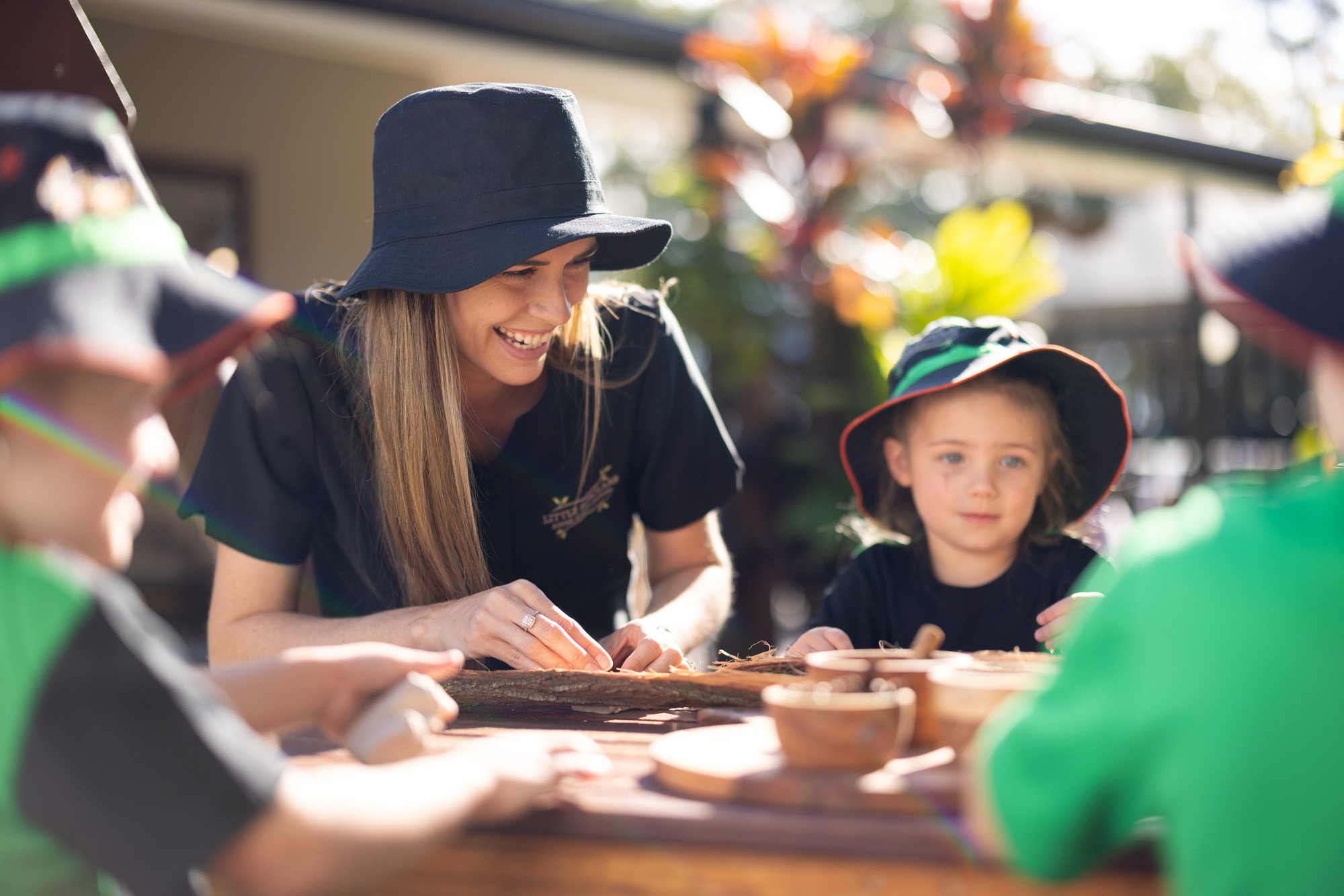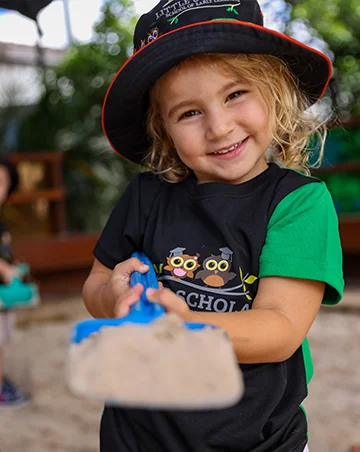The importance of routines for children is often overlooked. Life moves with different patterns each day, and habits can help children make sense of it all. As parents or carers, it’s crucial to be aware of this and implement healthy structures in your child’s life. Following these routines makes it easy for your child to transition through the different stages of life, whatever happens.
At Little Scholars, we understand the importance of routine and make sure to help all children in our care develop healthy habits. To share this knowledge, we collated eight of our top tips to help you implement routines for your child that will help them flourish.
8 reasons routines are important in early childhood
1. They help children deal with change
One core benefit of a well-structured routine is that it can help the child feel safe and manage any changes that come their way. These challenging periods may include moving home, changing school, etc.
Maintaining a routine during these trying times can help them find some comfort and stability, allowing them to adapt in a healthy manner.
2. They create an opportunity for learning
Many daily routines such as taking baths, mealtime, story time, bedtime, or setting the table, can be seen as simple and taken for granted. However, each has the opportunity to teach valuable life lessons about responsibility, time management, and more that will stay with them until adulthood. Whatever the routine may be, it’s an excellent opportunity to support your child’s learning and development, even while having fun.
A routine can help your child build their curiosity, self-confidence, and self-control, all things they will require while growing up.
3. They develop children’s social skills
Love them or not, routines are a fact of life. They encompass almost everything we do as adults, from work to socialising. This is why accustoming your child to routines at a young age can help develop their social skills.
Routines around playtime and mealtime are the best to develop these skills fully. As they communicate, share toys, help others, share food, and take turns in different activities, children start to develop excellent social skills. In addition, with a routine in place surrounding these activities, they begin to understand whether it’s time to play or not.
If you’re based in South East Queensland and want the best environment for your child to develop their social skills, then book a tour with us today.
4. They promote family bonds
Routines perform a vital role in the home environment as they can help your child feel more secure and cared for. So try and build practices centred around having fun or around family time as they can instil a sense of belonging and strengthen family bonds.
It’s easy to understand this if you imagine your child had a tough day at school, yet they know they can look forward to story time when they get home. In addition, activities like reading together, sharing conversations over a meal (meals could be a no-technology time), or playing sports can foster healthy habits in your child – which brings us to our next point …
5. They help develop healthy habits
Another relevant facet of routines for young children is that they can establish healthy habits that can sometimes be hard to implement. These habits include brushing teeth, washing hands, using the toilet, exercising, etc.
Eventually, these routines can also reduce your stress as your child begins performing these necessary habits by themself. Daily routines also help set the child’s body clock. For instance, bedtime routines can help program the child’s body to know when it’s time to sleep.
6. They make your life easier
Routines are in place for your child, but they also make your life easier. Parenthood can be pretty overwhelming, and having a pattern to work around is a huge bonus. On top of this, a predictable routine helps free up spare time that you might not have had, as there is less time wasted on figuring out what you or your child need to do next.
They can also take some stress out of decision making – if Tuesday night is taco night, then there’s no room for arguments!
7. They teach skills and responsibility
Most of all, they teach children skills and responsibility.
Chores may well be chores, but they are an essential aspect of every person’s life, and developing good habits and routines around them from a young age can help guarantee success for your child.
For example, if you set your child the task of setting and clearing the table, they may not know which side to put the forks on the first time they do it. However, as they perform the task more often, they will get comfortable doing it and learn to appreciate the importance of the job and how it is a help to you.
8. They’re not the be-all and end-all
While routines are helpful in many ways, and some structure is good, it’s vital to note that they’re not the be-all and end-all of raising a child. There should still be free time to relax, play, or pursue creative activities. This free time might even lead to spontaneous ideas, which can be the highlight of not just a child’s week, but of their early life. Routines should also be flexible, adapting to the child as they grow, or under certain special circumstances.
Little Scholars Can help with all of your routines
Little Scholars is a privately-owned and operated early learning campus providing quality early education and care for children across South East Queensland.
We offer you and your child the very best facilities, resources and early educational, play-based programs available, which are underpinned by the early years learning framework. We believe that through quality education and care for children, we can also encourage, assist, and support the entire family.
Our dedicated team of educators are committed to the individual needs and interests of children and their families, and thus we encourage and welcome family input and involvement.
So if you’re looking for an early learning company that can fit in with your daily routine, contact Little Scholars today. Want to keep reading? Check out our blog on Getting Messy in Childhood now!



